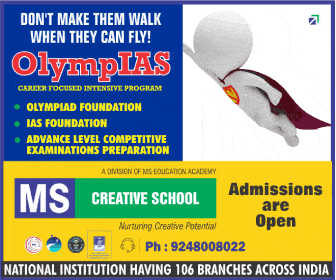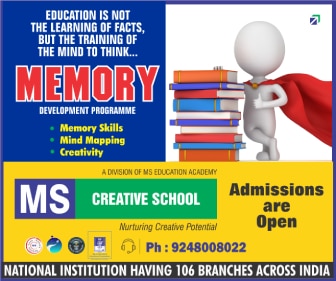[ad_1]
New Delhi: The Jamia Millia Islamia University told the Delhi High Court on Tuesday that it was declared a minority educational institution in 2011 and the provision of 10 percent reservation for students from the economically weaker section (EWS) will not be applicable to it.
The oral submissions were made on behalf of the university in a petition seeking directions to it to ensure 10 percent reservation for students from the EWS category at the time of admission from the academic year 2023-24.
A bench of Chief Justice Satish Chandra Sharma and Justice Yashwant Varma granted two weeks’ time to the university to file its reply to the petition and listed it for further hearing on May 22.

The public interest litigation (PIL) matter, filed by law student Akanksha Goswami, said the university ought to reserve seats for EWS category students at the time of admission from the academic year 2023-2024 in terms of the Constitution (103rd Amendment) Act, 2019, which provides for 10 percent reservation for them in higher education and government jobs.
Senior advocate Arun Bhardwaj, representing the petitioner, submitted that either Jamia could be a central university or a minority institution and cannot be both.
He said the admission process has begun from April and will go on till September.
The university’s standing counsel, Pritish Sabharwal, submitted that an order was passed by the National Commission for Minority Educational Institutions in 2011, declaring Jamia a minority educational institution.
He said the government issued a notification in 2019 that the office memorandum enabling the provision of 10 percent reservation for EWS students in admission to educational institutions will not be applicable to minority institutions and Jamia is covered by it.
The high court had earlier issued notices to Jamia, the Ministry of Education and the University Grants Commission (UGC) on the petition and sought their response.
The petitioner’s lawyer had earlier contended that Jamia should be directed to implement the EWS reservation as it is a central university that receives aid from the UGC.
The petitioner, also represented by lawyers Akash Vajpai and Ayush Saxena, said Jamia Millia Islamia was established by an act of Parliament and thus, is a central university and not a minority institution.
The plea asserted that the UGC has already written to the registrars of all the central universities, including Jamia, to implement the reservation for EWS students.
“Respondent no. 2 (UGC), through its letter dated January 18, 2019, requested all vice-chancellors of the central universities, including respondent no. 1 (Jamia), to implement 10 percent EWS reservation at the time of admission in their different courses from the academic year 2019-2020. Respondent no. 1 Jamia Millia Islamia issued a press release on February 5, 2019 through which it refused to implement the 10 percent EWS reservation, citing its status as a minority institution under Article 30 of the Constitution of India,” the plea said.
Besides the issue of reservation, the petitioner has also prayed for setting aside an order passed by the National Commission for Minority Educational Institution that declared Jamia a minority institution.
The petition stated that Jamia was neither established by a minority community nor does it administer it as it is established by an Act of Parliament and is also funded by the Government of India.
It further said there is no provision in the Jamia Millia Islamia Act, 1988 to allow the selection of only Muslims as members of its executive and academic council and treating a central university as a minority educational institution is repugnant to law.
“Respondent no. 1 (Jamia), after it was incorporated and established through the Jamia Millia Islamia Act, 1988, became another central university in the country like the Banaras Hindu University and the Allahabad University,” the plea said.
[ad_2]
#EWS #quota #admissions #applicable #Jamia #Millia #Islamia #told
( With inputs from www.siasat.com )




